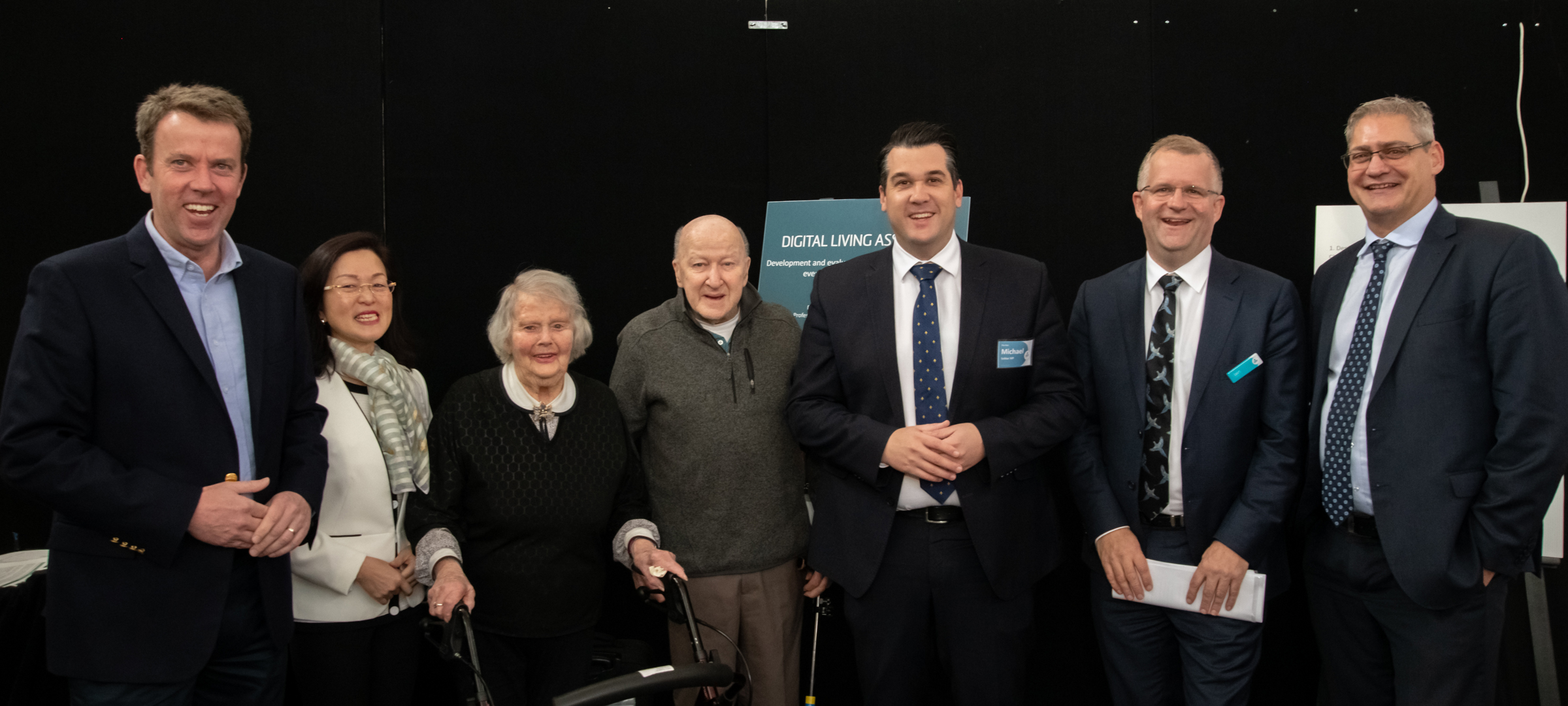Stay up-to-date by signing up to receive Michael’s eNewsletter.
Subscribe Now
Delivering the assisted living needs of the future
Australians will live in their homes longer using cutting-edge technology in ‘smart homes’.
The Morrison Government is providing $3 million to establish a research hub to develop personalised technologies to support older Australians and Australians with disability to continue living in their own home or residential care.
Minister for Education Dan Tehan and Minister for Housing Michael Sukkar today launched the Research Hub for Digital Enhanced Living at Deakin University in Melbourne.
Mr Tehan said the Morrison Government was funding research to address the growing need for personalised and practical in-home care.
“This hub will develop new technologies that will improve the quality of life for Australians that need support to stay in their home, from young adults living with disability, people recovering from brain injury, through to older people in our communities,” Mr Tehan said.
“The Government is working with universities and the private sector to fund and establish research hubs that address critical issues facing Australia today.”
Mr Sukkar said the research hub would lead to improved safety monitoring, reduced rehabilitation times and slowing down cognitive decline.
“Our Government believes that Australians should be supported to stay in their homes,” Mr Sukkar said. “We are investing in this research hub to help address the challenges of an ageing population through the development of new technologies.”
Deakin University Vice-Chancellor Professor Iain Martin said the Research Hub for Digital Enhanced Living will use digital technology to address the needs of high-quality ageing and high-quality disability and rehabilitation support to help people live at home independently for longer.
“We will be developing effective, affordable and safe in-home and in-residential care solutions, such as smartphone technology to support the mental health of elderly people and avatar learning tools to improve care for people with dementia,” Professor Martin said.
“Collaboration will be key to the work of the Digital Enhanced Living Hub as industry partners outline their challenges and research teams find solutions. Together we will translate these outcomes into commercial use.”
The Research Hub for Digital Enhanced Living is funded through the Australian Research Council with contributions from the private sector. For more information about the hub, visit https://delh.com.au/.

